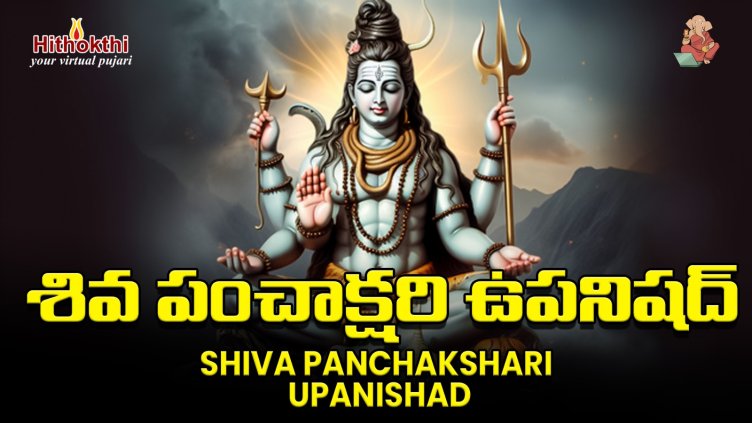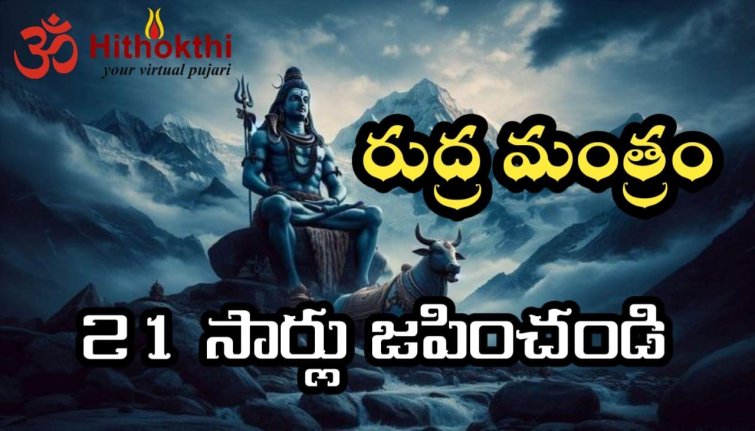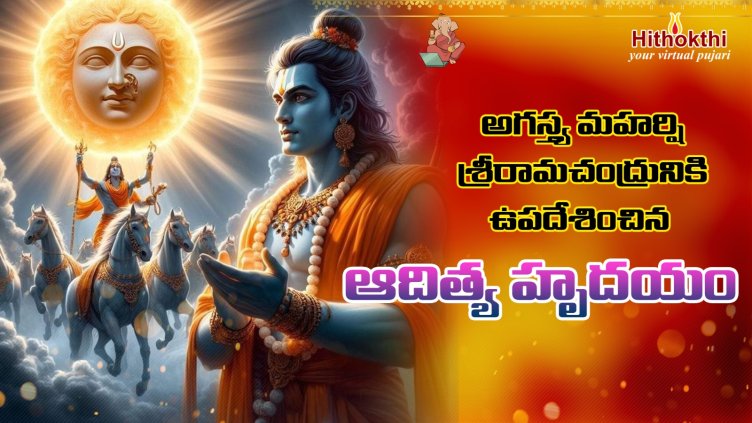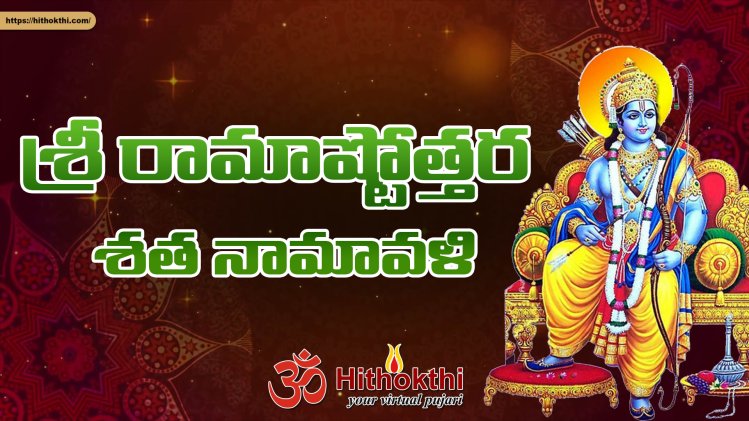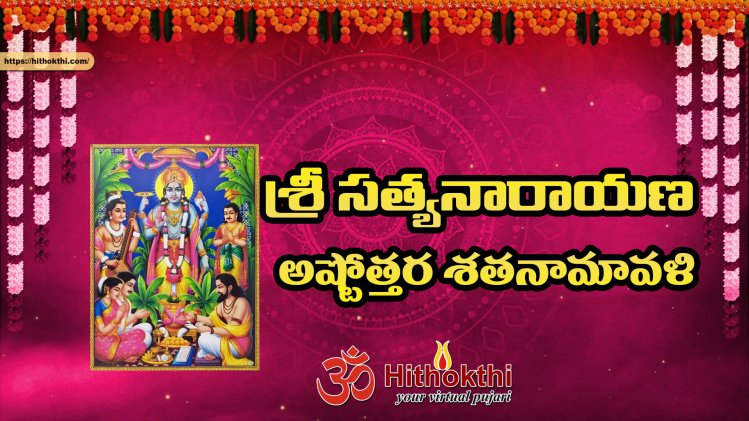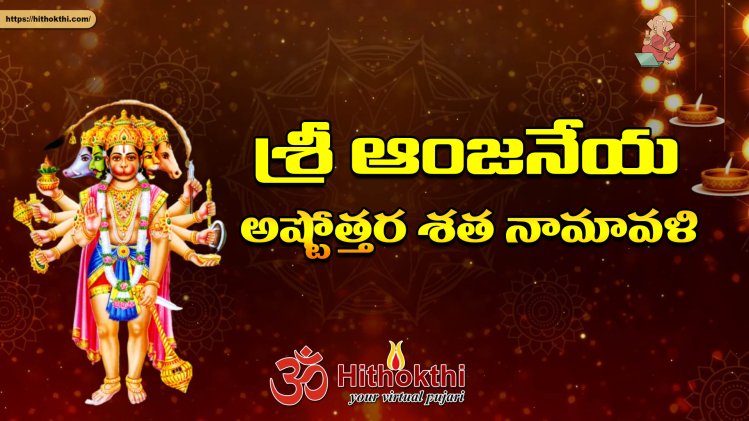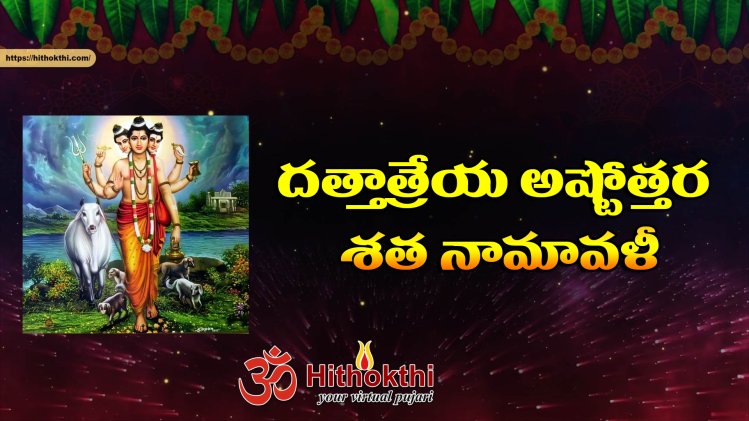Strikingly colourful Holi festive Greetings
India March 12,2014: Holi falls on Phalgun Shukla Paksha Chaturdashi. This year it falls on March 15th, 2014 (on March 16th in India). Holi is celebrated from the full moon day (Pournimā) of the Hindu lunar month of Phālgun until the fifth day (Panchamī). Depending on regional variations it is celebrated from two to five days. It has various names such as Hori, Dolayatra in North India, Shimga, Holi and Hutashani mahotsav, Holikadahan (burning of Holika) in Goa, Konkan and Maharashora, and Kamadahan (burning of desires) in South India.
History of Holi
The Bhavishya purana narrates a story in the context of this festival which is as follows - A female demon invaded a village and she started harassing little children. Hence the people obscenely abused and cursed her, they lit a fire everywhere to frighten her and thus drove her away.
Rituals of Holi
In this festival the main emphasis is laid on the burning of Holika or lighting of the Holi bonfire. The origin of the traditional lighting of Holi is attributed by some to the burning of evil demons like Holika, Holaka and Putana who troubled little children or to the burning of Madan (the Deity of Beauty who tried to distract Lord Shiva's meditation) according to others.
According to some scholars this is probably a remnant of the tradition of fire worshippers. However one should not light the Holi bonfire during the day. First the doer should purify himself and make the resolve 'I am performing this ritual of worship along with my family to overcome the trouble wrought by the demons' After the Holi sacrificial fire dies down, it should be extinguished by sprinkling milk and ghee and then fruits like coconuts and pomelo should be distributed to the people assembled there. The entire night should be spent joyfully in dance and song.
This particular full moon day carries special importance as this day holds the Raja-Tama in the atmosphere in its original fire-form (Tej). This is the day when the Principle of the Primal Shakti from the Universe, which imparts dissolution, is active in a Marak form. The worship of this Principle helps the jiva by purifying its subtle body and to a certain extent the atmosphere around it is also purified. The worship performed on this day liberates the jiva from its Raja-Tama orientation. Thus in a way, the jiva is reborn after this Pournima.
Hutashani Pourninma (nature's first sacrificial fire) and the reason for the Ninad (yell)
Due to not being able to tolerate the marak Shakti and satvikta of the Deities that get prakat in this sacrificial fire, the negative energies get disturbed and begin to move at an incredible speed. Due to this, a negative pressure is created in the environment. The pockets of subtle vacuum in the atmosphere get filled with the negative energies and they start to dash into one another due to the sheer numbers rushing into the subtle vacuum at the same time. This causes them to create a yowling sound. This is why this Holi pournima is called Hutashani (yelling) pournima.
A representation or immitation of this sound is the yelling that people do during the Holi sacrificial fire. The spontaneous sound that is generated out of a person when falling from a great height is a shrieking type of sound which is known as Hutashana. (For example - The butterflies in the stomach that are experienced when in downward motion whilst sitting in a giant wheel are due to the pressure which is experienced in the pockets of vacuum in the stomach. This in turn creates surrounding vacuum pockets in the adjoining area in the stomach. In the entire stomach cavity, the air that rushes in to fill these pockets of vacuum creates a subtle sound due to the speed of its movement. There is no word to describe this sound and so it is called 'subtle hutashana' These subtle sounds which have been generated in the body cavity are released through the medium of the actual yelling sounds.)

